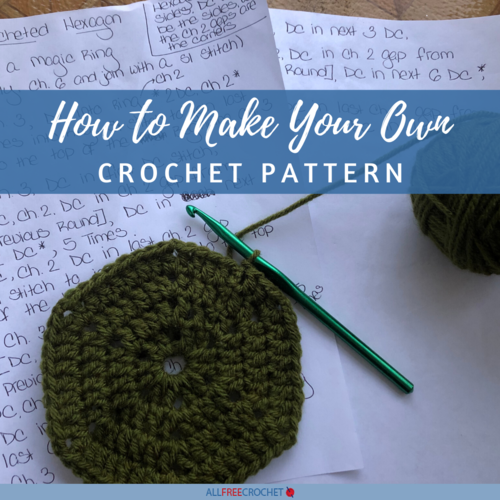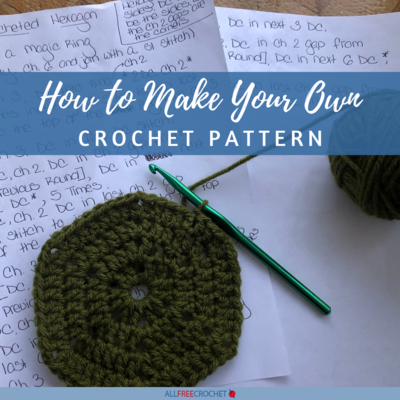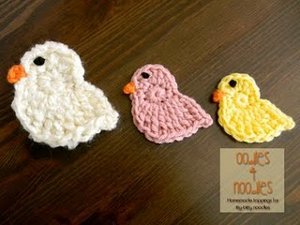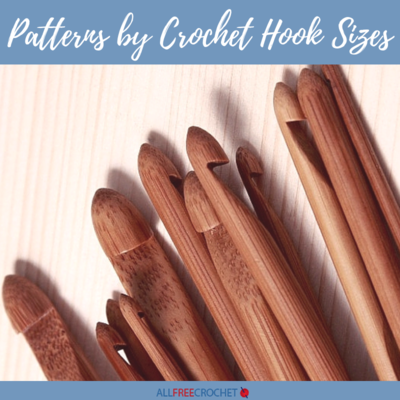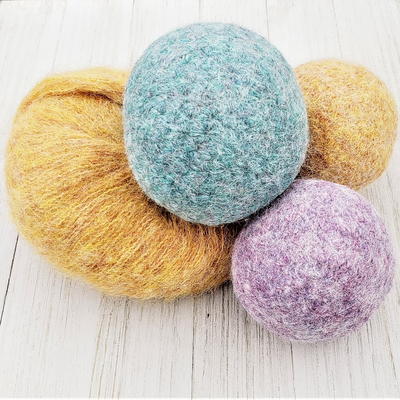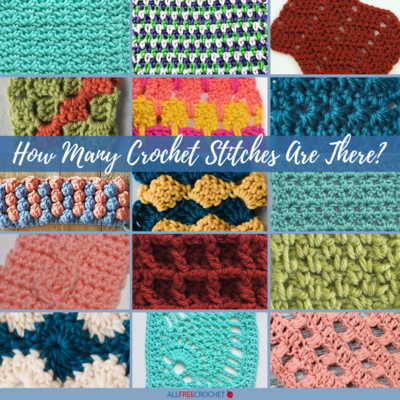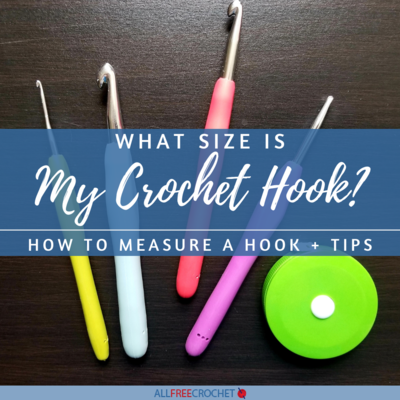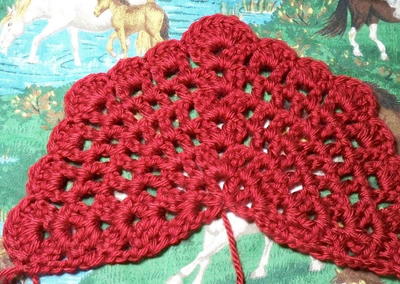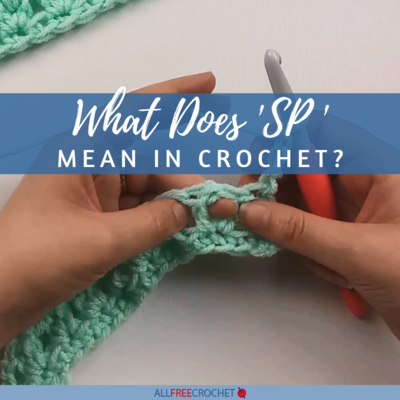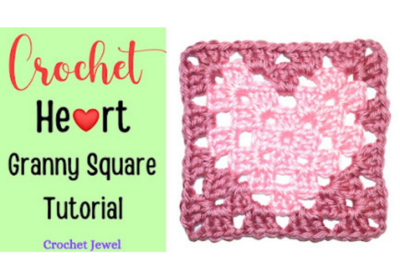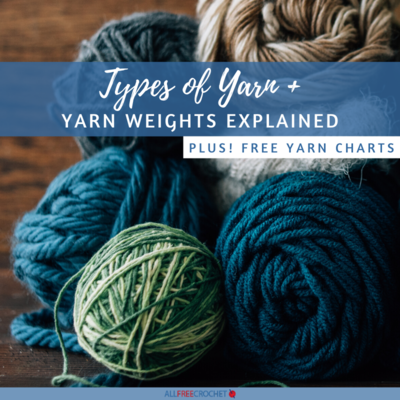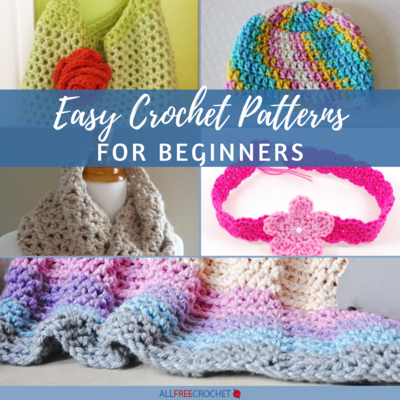How to Make Your Own Crochet Pattern
Learn how to make crochet patterns with this guide.
If you've been crocheting for a while and comfortable with reading crochet patterns but want a new challenge, then perhaps it's time to start making crochet patterns on your own.
Learn How to Make Your Own Crochet Pattern with this helpful guide. Understanding the skills needed to write your own pattern is easier than you might think.
Creating crochet designs on your own involves a few different factors including mastering the basics, practicing what you know, strongly envisioning what you want to make, figuring out the correct yarn and hook, and more.
Scroll through and read how to master planning and designing your own crochet pattern from scratch. This resource explains what you need to do in order to be comfortable with designing on your own. Happy creating!
Master Crochet Basics
So, you've been crocheting for a while and you feel like you are ready to start creating your own patterns. Before you delve in though first things first. Make sure you have a strong understanding of the five main stitches of crochet.
The chain stitch (the start of all crochet patterns), single crochet, half-double crochet, double crochet, and the slip stitch. Once you have these basic crochet stitches mastered you will be able to complete more complicated stitches and patterns and will have a better understanding of how the stitches work together to form different designs.
Practice Writing Out a Familiar Crochet Pattern
Practice writing out a pattern you are familiar with and have completed a few times before. Work the pattern as you always have, but, this time write the pattern down as you are going along. Write down any tips and tricks you have to make the pattern easier to follow. Maybe include some tips to help a beginner crocheter recognize the difference between a chain space and a double crochet space, or helping them understand the concept of using a starting chain space as a double crochet space in the following row.
This simple act will get you into the rhythm of writing a pattern. Once you are done, work the pattern again only following your notes, not by memory. Or, better yet, ask a fellow crocheter to work the pattern following your notes. Get feedback from them.
Ask them if the pattern was clear and if there was anything you could have added that would have made it easier for them to follow the pattern. This method of writing and taking notes is the same exact method you will be using when creating your own pattern.
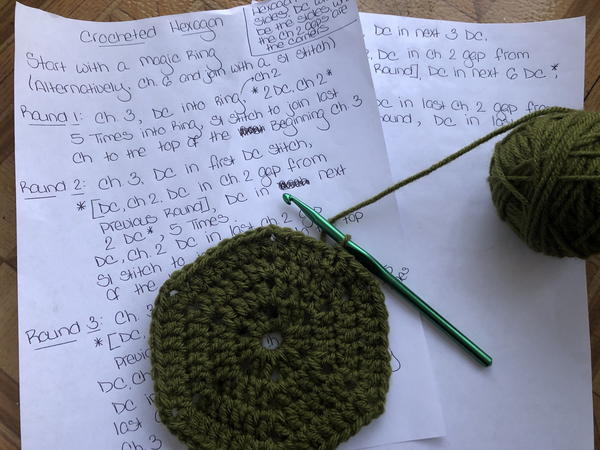
Here's another idea. Maybe you have been used to working with written patterns as opposed to charted patterns, along with writing out a pattern why not try creating a chart pattern for it as well. Chart patterns use universal symbols for each stitch to provide a visual representation of a pattern. Sort of like reading music. Whereas the notes are played to create a song, the symbols combine to form a pattern.
Whether you are a visual learner or not seeing the symbols will give you a better understanding of how the stitches will work together for each row. Another plus with learning how to read charted patterns, you can follow patterns that are written in different languages. Since the symbols are universal you aren't limited to reading and creating patterns for individuals who speak the same language as you.
Decide on What Type of Crochet Project You Want to Make
Now, that you have those basic things down you are going to have to decide what you want to make. You may be a master at making shapes, but, for your first project, I would suggest making something simple. Aim for a scarf, blanket or something even smaller like a pot-holder or placemat. The idea is to get the pattern nailed down and then you can expand on it to create different things.
Determine What Yarn You Want to Use for Crocheting
Next, decide on a yarn. More specifically a yarn weight. Stick with something that is medium or worsted weight. It's easy to work with and the weight of the yarn makes it easier to see patterns and stitches. Also, stick with a brand and yarn type you have used before. Now is not the time to find out that that skein of yarn you have been eyeing for a while is a nightmare to work with.
Make a Crochet Gauge Swatch
So, you've got your pattern, your yarn and your hook now it's time to create a gauge swatch. You may normally skip this step when following someone else's pattern, but, it's key in creating your own pattern. While everyone may follow the same stitches when working up a pattern, everyone does not crochet with the same tension. Have you ever tried finishing up someone else's crochet project? No two hands work the same.
Learn more about gauge by reading our page: What is Gauge in Crochet? (+ All You Need to Know About Crochet Gauge).
You want your gauge swatch to be at least 4 inches x 4 inches. Begin by making your chain stitch. I would make it a chain or two longer than four inches. Next, work your pattern until the square measure four inches in length and then cast off. If you're not fond of the way the pattern looks, maybe it's too tight or too loose, try using a different size crochet hook.
Remember, this is your pattern. You don't have to stick to the suggested hook size on the wrapper of the yarn. Doing this will let you know how many stitches are needed for each inch of your project.
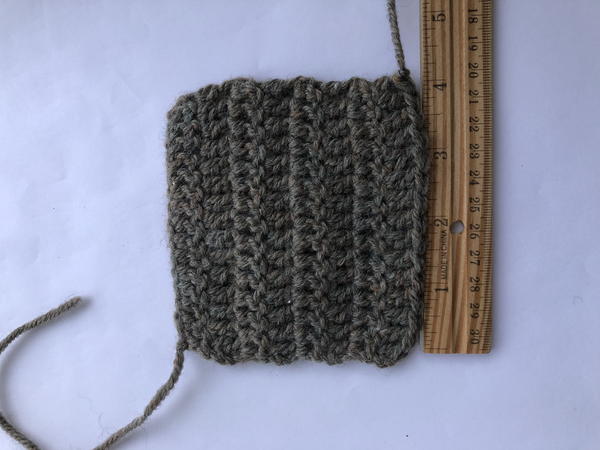
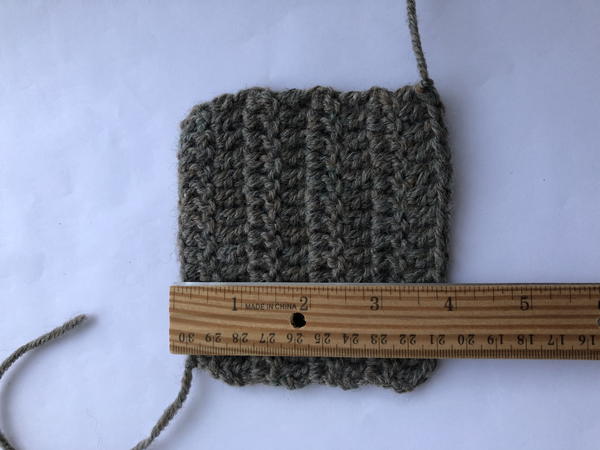
Test Your Crochet Pattern
Once you've learned how to write crochet patterns and practiced your pattern a few times, ask a fellow crocheter to test your pattern and once again ask them for any and all feedback. That way, you will feel more confident about your pattern and repeating it in the future. Testing is particularly important if you plan to share or sell your pattern to others.
Up Next
2770+ Free Crochet Patterns >>
Have you ever created a crochet pattern of your own?
Let us know about it in the comment section below!

